I am quite serious when I say that LGBT people and people of color in this country are under attack.
Specifically, LGBT people who live in the most conservative parts of our country are facing an unprecedented assault on their civil rights, as their elected leaders push nearly 200 bills grounded in prejudice and hate. Yes, I write "their" elected leaders because elected officials are supposed to represent all of their constituents.
Just look at what happened last month in North Carolina, as conservative lawmakers used dirty procedural tactics to enshrine into law a policy of discrimination against LGBT people. House Bill 2 also removed a citizen's ability to file a discrimination claim at the state level, and took away local municipalities' ability to govern in the best way possible for their constituents.
The majority of the optimism about the future of the LGBT rights movement after last year's Supreme Court victory on marriage equality is quickly being pushed aside by an onslaught across this country of anti-equality bills like the one in North Carolina. The LGBT movement is facing a threat that many thought was nearly extinguished after the last several years saw rapid progress advancing legal equality and social acceptance for LGBT people.
These anti-equality bills aren't just confined to conservative states -- but in more progressive places where they're popping up, they stand little chance of moving forward. There are a few reasons why these bills get traction and become law in some states and die an embarrassing death in others. But one common thread I see is that the places where the bills are viable have very few or no openly LGBT lawmakers or true allies that support their LGBT family members who can fight to keep them from moving forward. And in many of the places that the bills die or never even get introduced, we have several openly LGBT people serving in state legislatures.
It's a good example of that old political adage that if you're not at the table, you are on the menu.
Of course, our allies in and out of government have played a huge role in helping the LGBT movement advance legal equality. Young people today are especially supportive of LGBT equality, and that transcends their race, gender, political affiliation, and religiosity. And we see many in the business community doing everything they can to stop these bills from moving by creating the protections through their employment policies and supporting local and national LGBT organizations. But ally and business support is not enough.
There is something powerful about having LGBT colleagues present when lawmakers are debating these bills. As was the case in Missouri this week, having LGBT lawmakers involved from the start changes the conversation from one of abstract political grandstanding to a very personal discussion, with someone in the room sharing their personal story of the real impacts of LGBT discrimination. When LGBT folks are your colleagues, you get to know them as real people -- and we know that those personal relationships help turn opponents into supporters.
I personally know this to be true. It was only six months after I was elected to the Charlotte City Council that we passed domestic partner benefits for all city employees -- a change that had been attempted but failed for many years prior to me winning my seat. In Charlotte, we have two openly LGBT councilmembers: myself and Councilman Al Austin. We worked closely with our colleagues to identify the seven votes needed to pass our fully inclusive nondiscrimination ordinance, after more than a year of discussion with the community and our business leaders.
By contrast, in the span of less than 12 hours, statewide legislation was introduced and passed in the General Assembly during a special session that cost taxpayers $42,000. Once signed by Republican Gov. Pat McCrory, the legislation wrote discrimination into state law and created financial obstacles for those attempting to file other discrimination claims by transferring oversight of such claims to federal court from state. Supporters of the hateful bill were clear that they pushed the law through in response to our Charlotte City Council passing a trans-inclusive nondiscrimination ordinance that was to take effect April 1.
Keep in mind there was no special session called to address our looming education funding shortfalls, the state's high unemployment rate, or and the fact that Medicaid was cut back in North Carolina. But passing an anti-LGBT law that took rights away from people mattered enough to do so.
Today, just one openly LGBT person serves in the North Carolina legislature, where he is joined by only a handful of LGBT allies. That representative, Equality North Carolina executive director Chris Sgro, was appointed to his seat in the state House earlier this month to fill a vacancy left by a Greensboro representative who died in March.
That means there was no one was there to play this role or build these relationships when HB 2 was debated on March 23. The law passed 86-26 with not a single LGBT voice in the room to speak about how this would affect all of North Carolina -- including and beyond an equal rights perspective. We are facing a projected loss of business of nearly $100 million in the Charlotte region alone.
The passage of HB 2 was pure politics and fear-mongering, and we lost.
LGBT southerners had a boost of optimism earlier this month, when the Georgia governor vetoed an anti-equality bill. Importantly, there are three openly LGBT people serving in the state legislature in Georgia, and they talked about the bill's potential impact in ways that no one else could. Their presence as openly LGBT people mattered hugely, and I believe helped to convince the Governor not to sign the so-called religious bill into law.
My views on the positive impact of openly LGBT elected officials aren't just a theory, or simply based on what happened in North Carolina and Georgia. A new report from Victory Fund shows that having openly LGBT people serving in state and local government has a huge impact on whether a state has LGBT equality laws on the books -- and whether or not anti-equality bills will stand a chance of passage.
For example, the states rated by the LGBT Movement Advancement Project as having high levels of LGBT equality are much more likely to have more than 10 openly LGBT people serving in some public office in the state. Similarly, those states that MAP rates as having the lowest levels of LGBT equality have very few or no openly LGBT people serving in public office.
When we look only at openly LGBT people who are serving in state legislatures, the impact is even more clear. One hundred percent of the states where we have no openly LGBT people serving in state legislative bodies have low or negative levels of LGBT equality.
Let me say that again: the places where we have no openly LGBT people serving in state legislatures have the worst levels of LGBT equality in the country, paving the way for anti-LGBT legislation to move forward. Clearly, our voices and visibility matter.
But it's not enough to be heard -- our actual physical presence is critical. Now more than ever, we need an army of LGBT people standing side-by-side with our true allies, ready to lead, govern, and be the voice of fairness in state legislatures, city councils, school boards, family courts, and county clerk's offices.
As nearly two hundred other hateful anti-LGBT equality laws continue to be debated, we can see how important openly LGBT public officials are to making sure our country keeps moving forward. Identifying, training, and supporting out elected officials is one of the surest ways to make sure all LGBT people in this country -- and not just those in a handful of states -- have their full equality. Nothing more and nothing less.
 LAWANA MAYFIELD represents District 3 on the Charlotte City Council.
LAWANA MAYFIELD represents District 3 on the Charlotte City Council.


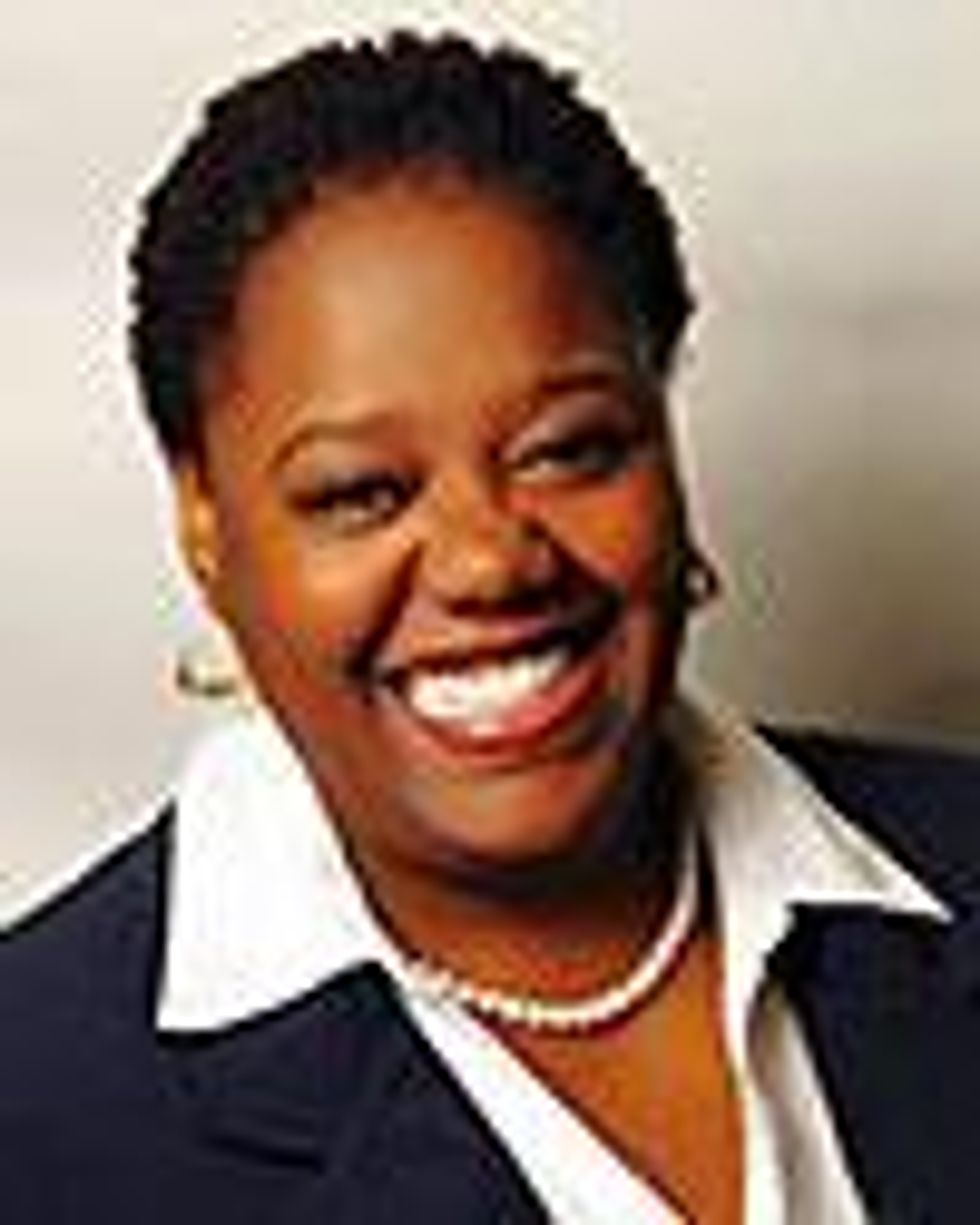 LAWANA MAYFIELD represents District 3 on the Charlotte City Council.
LAWANA MAYFIELD represents District 3 on the Charlotte City Council.




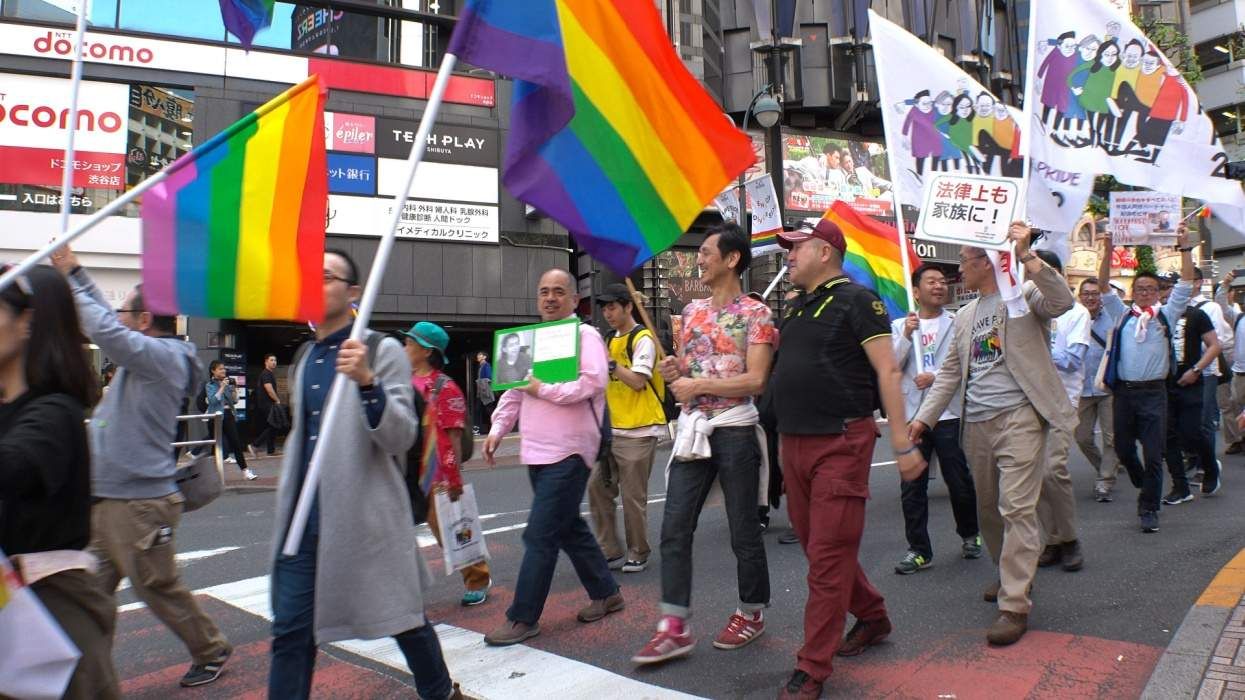


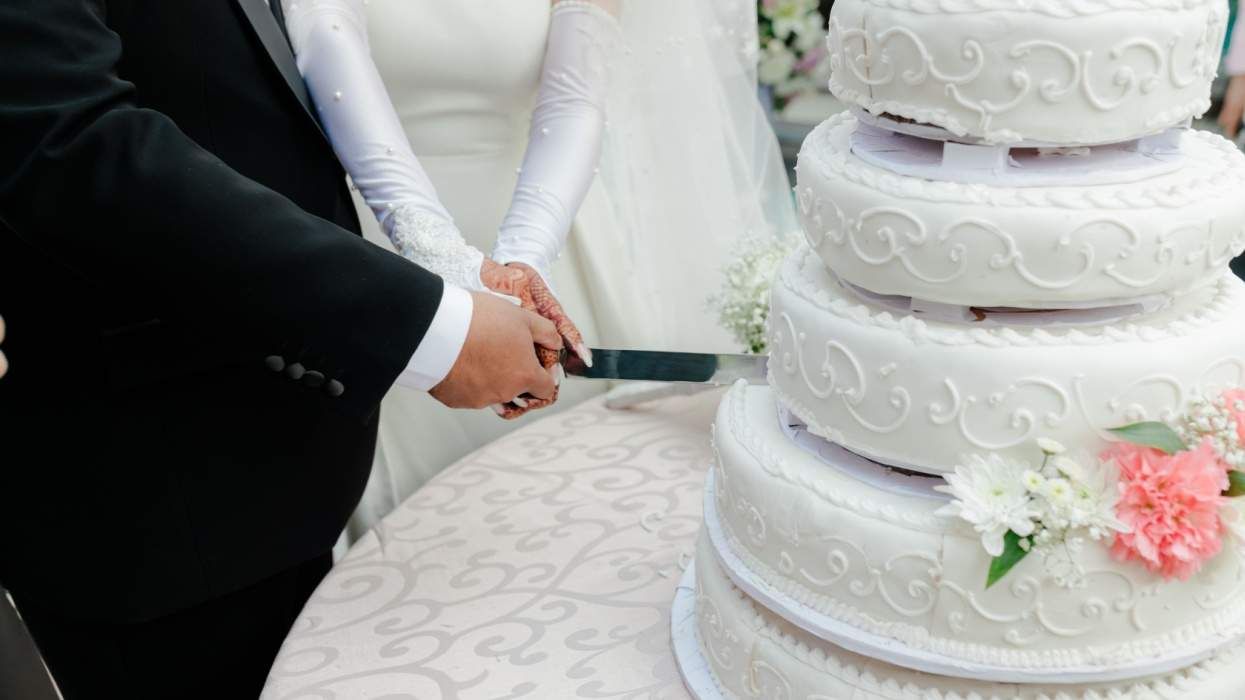
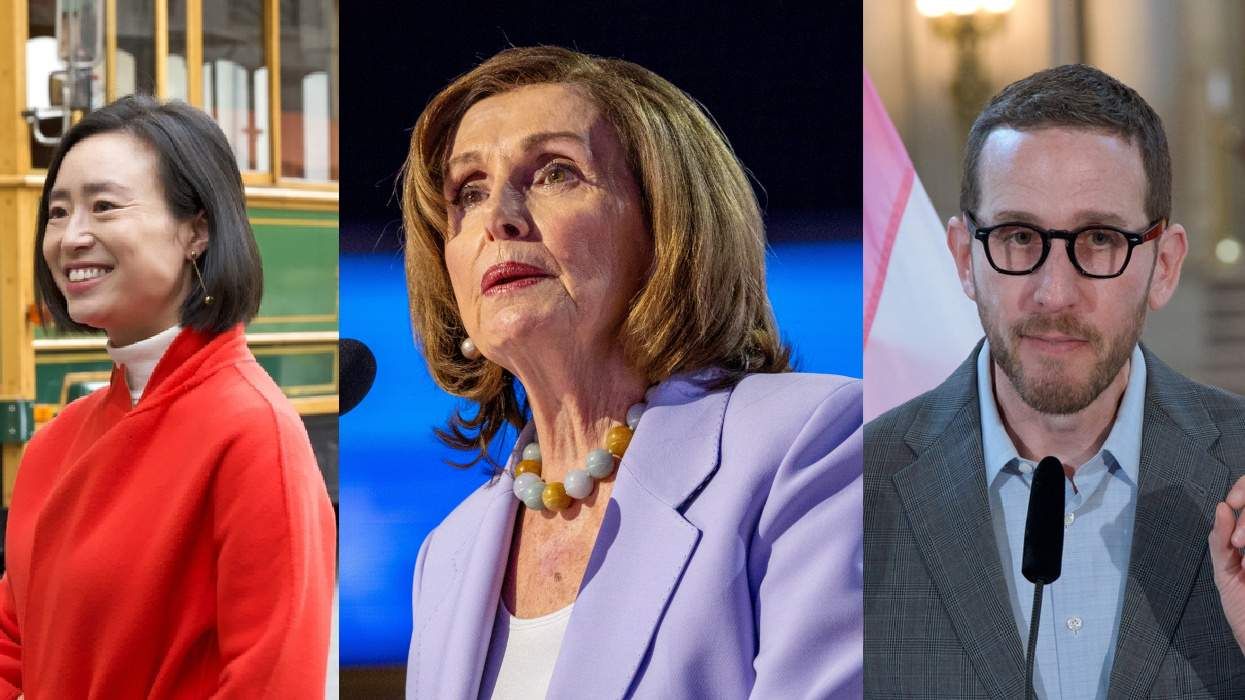
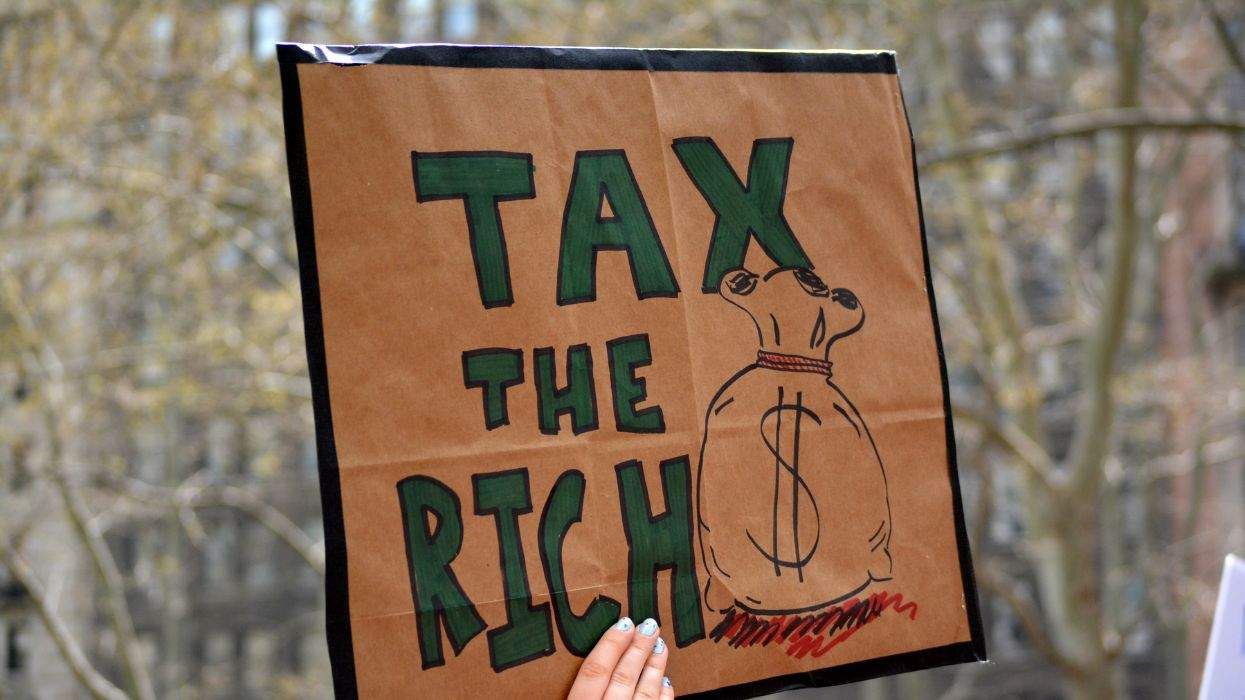
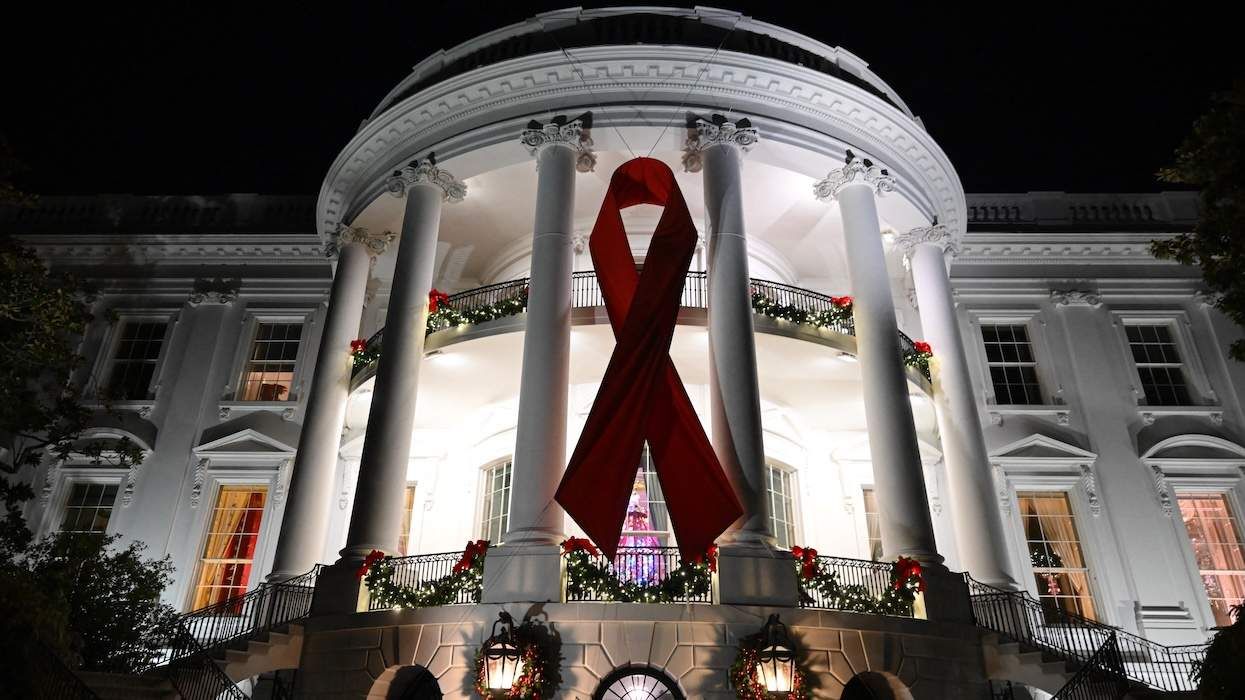
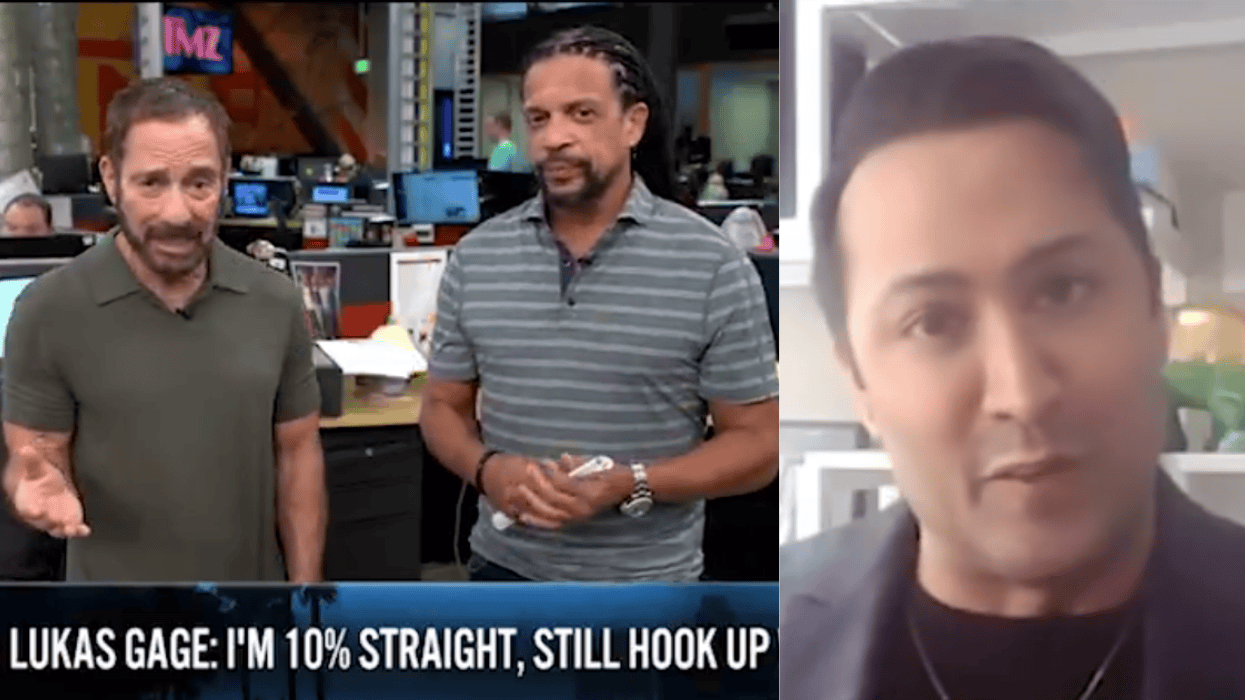
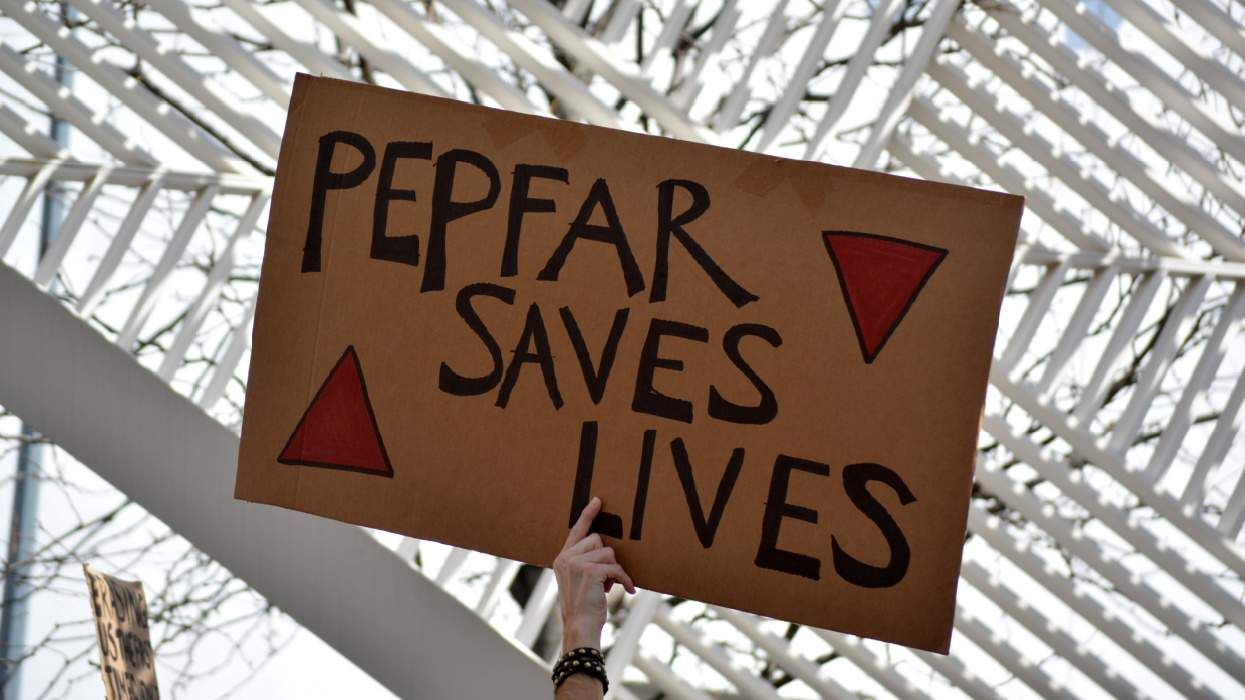
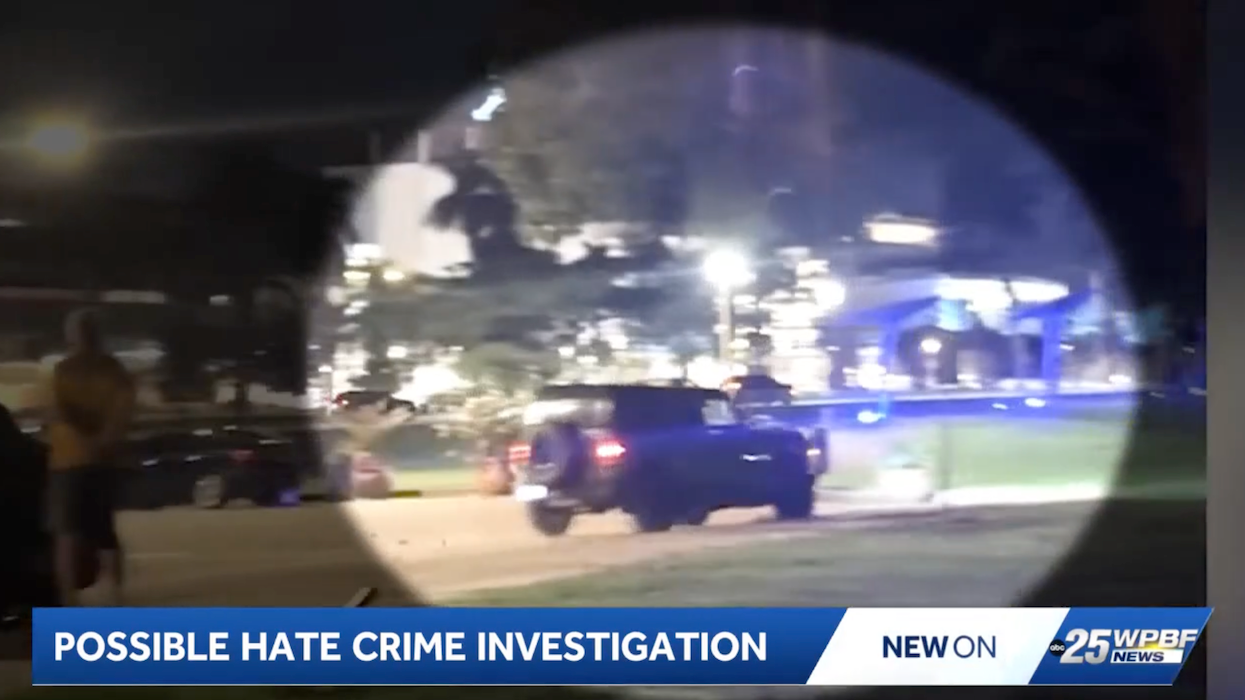
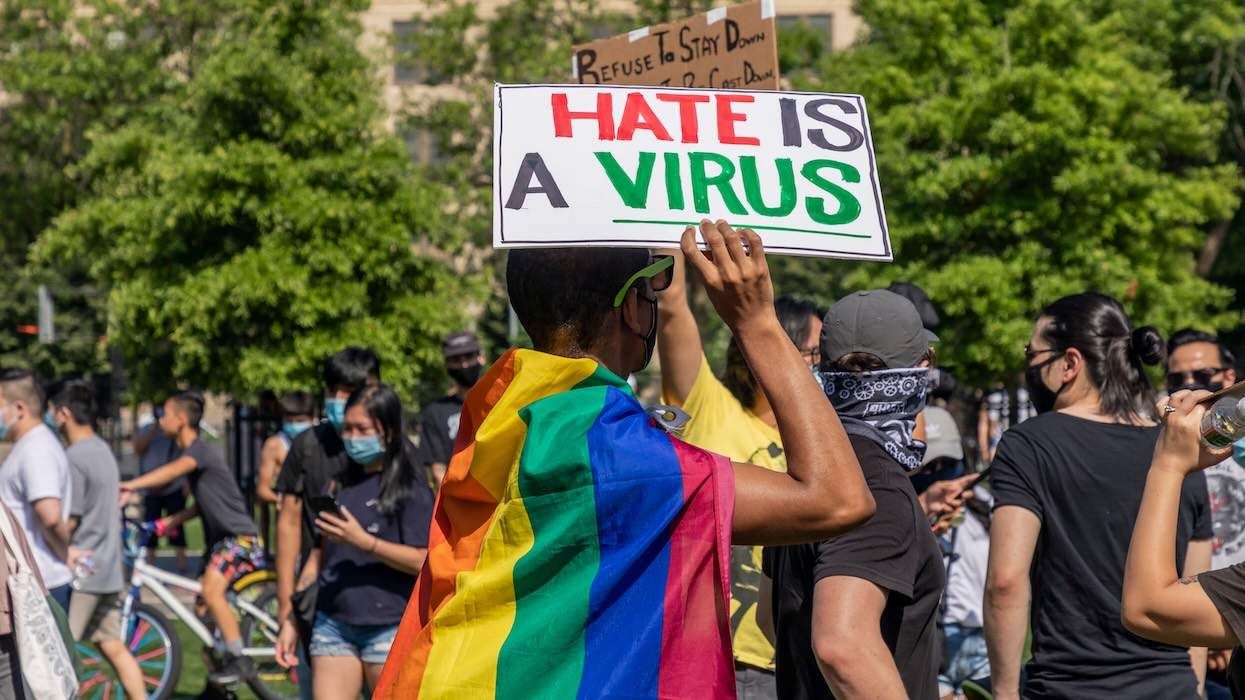



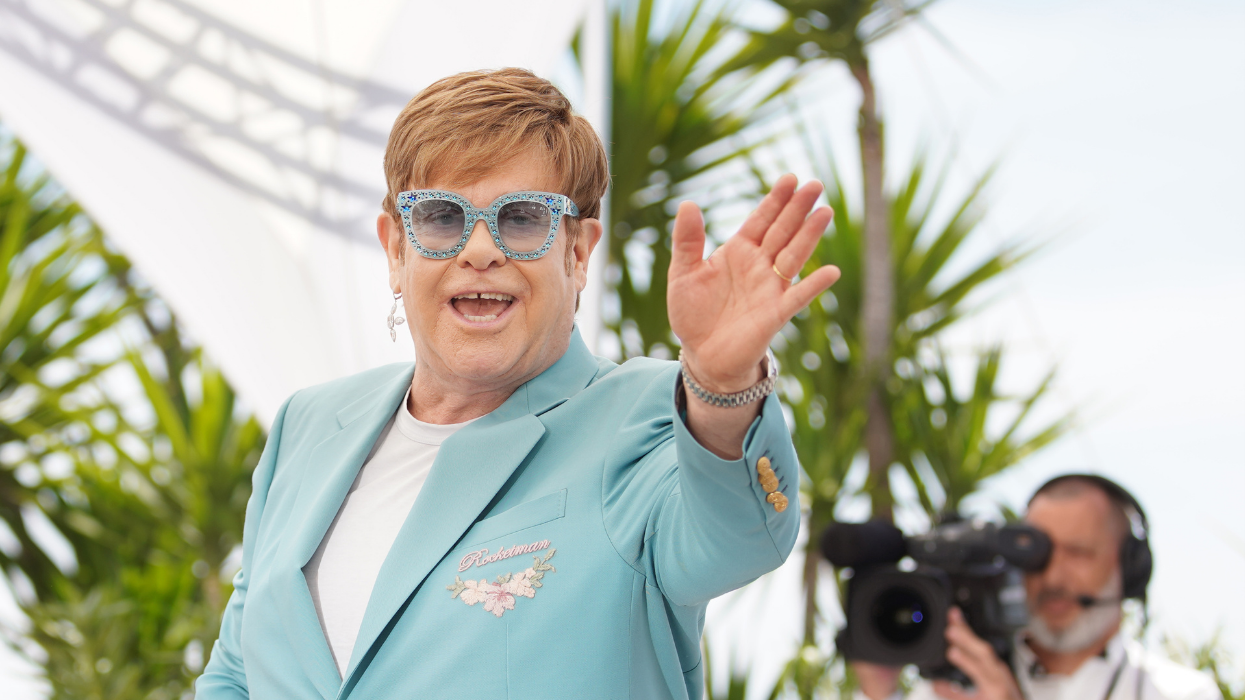
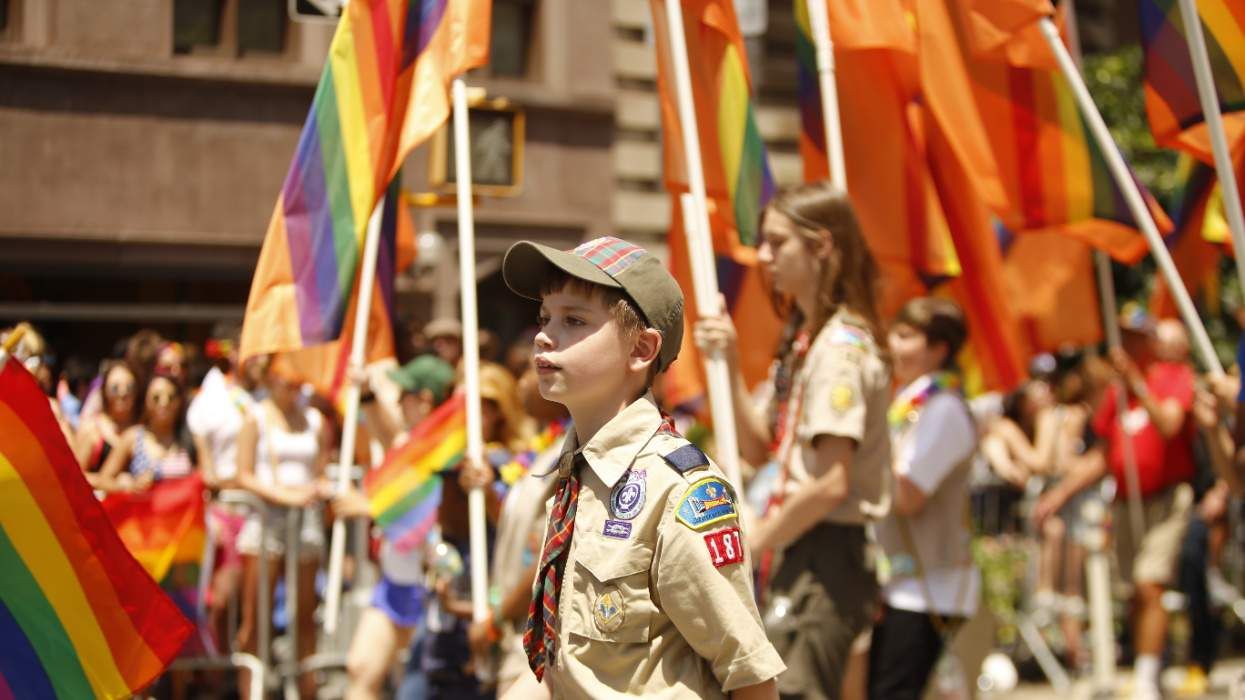
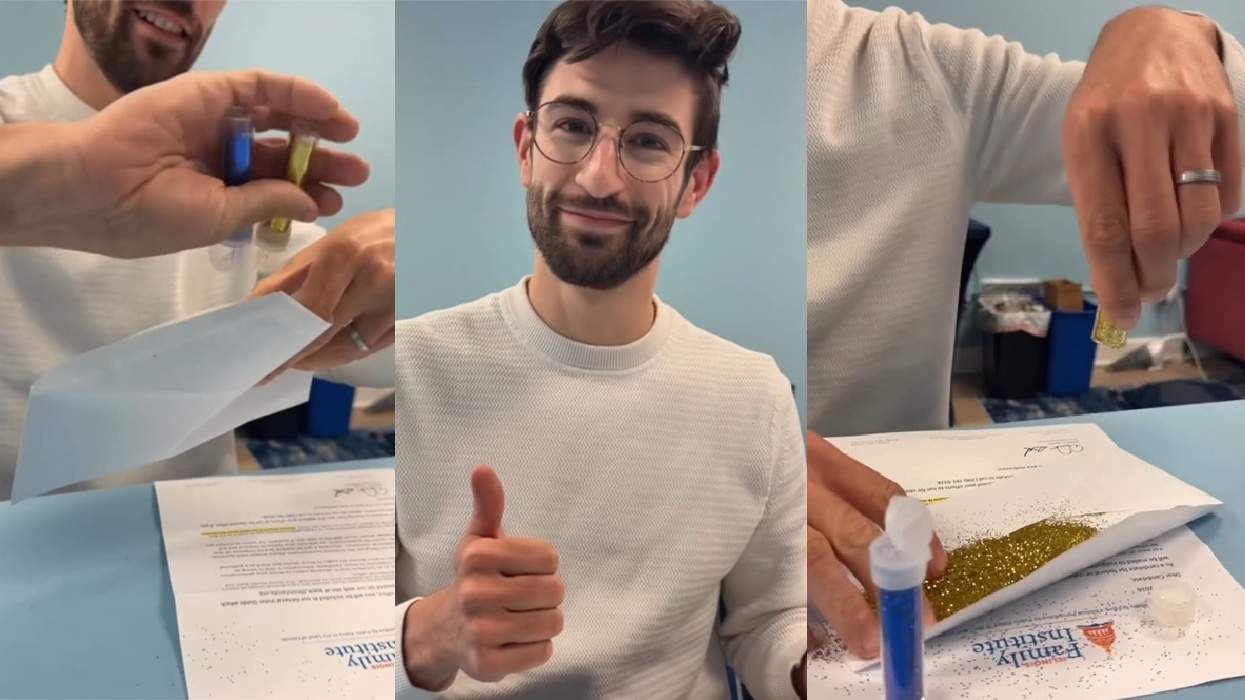
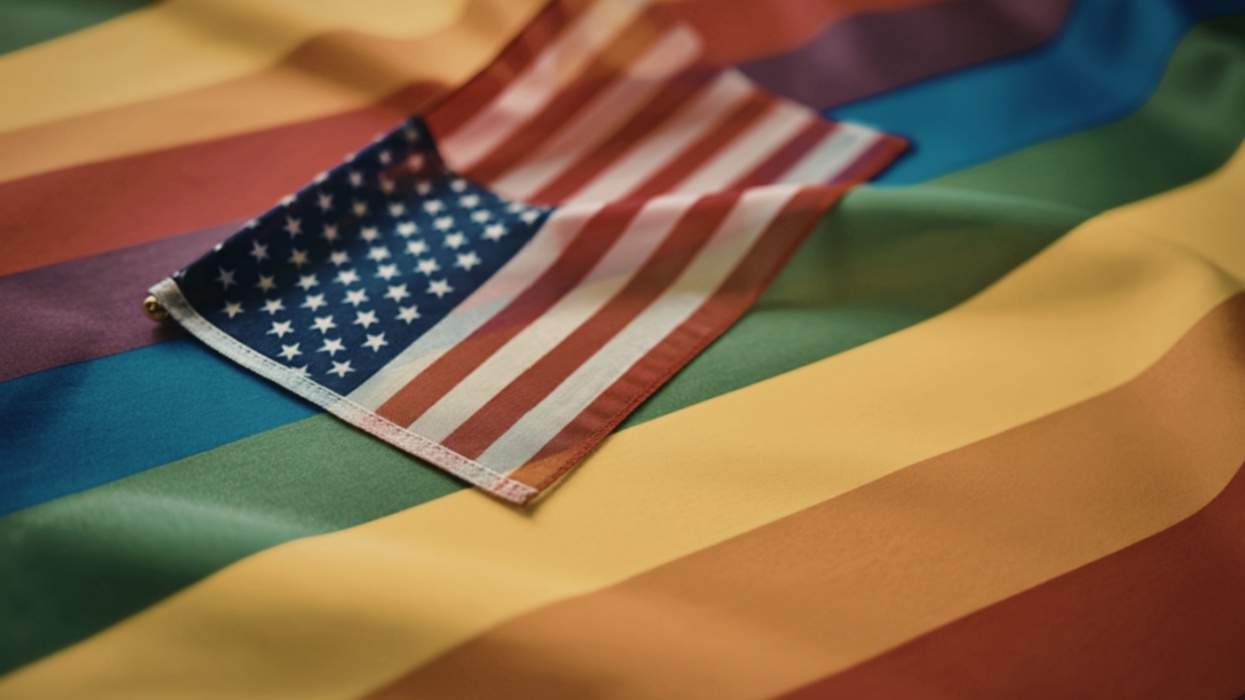
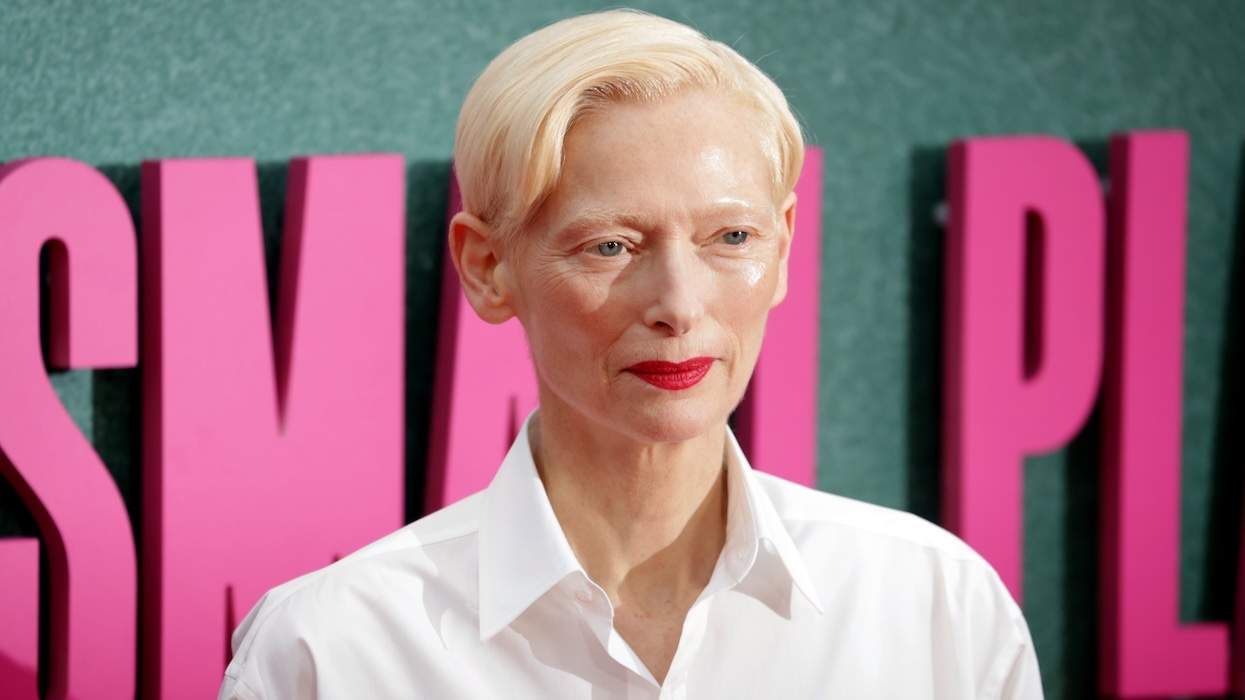
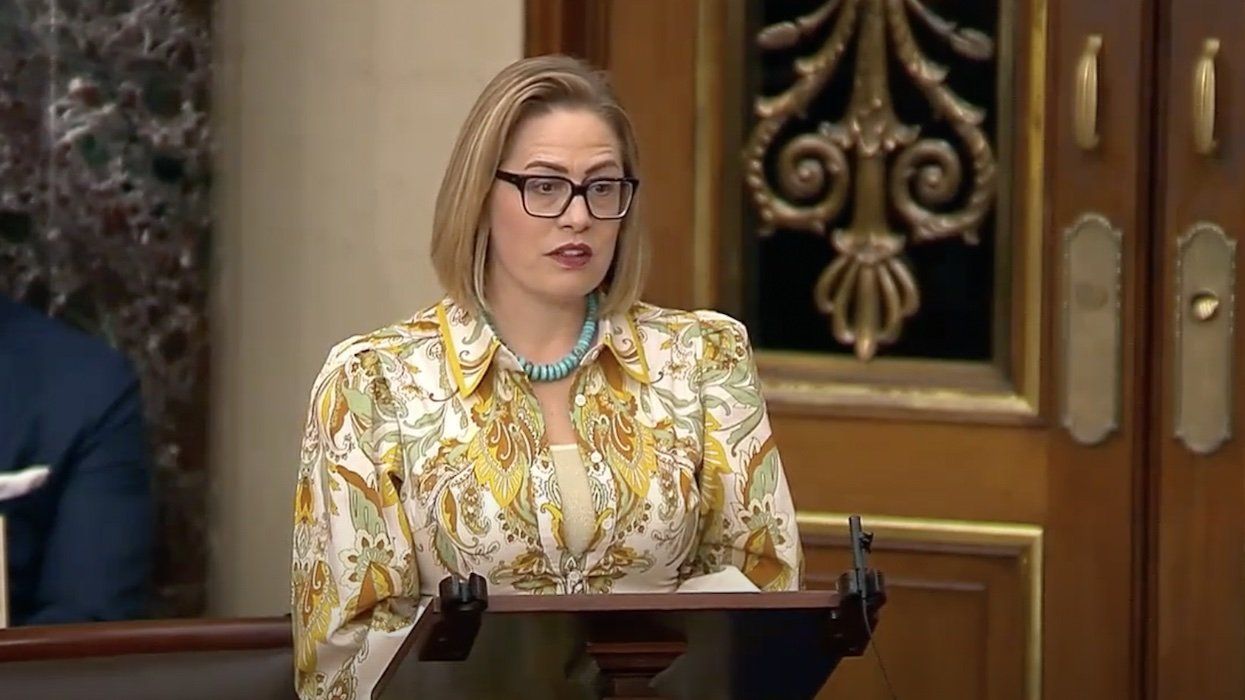











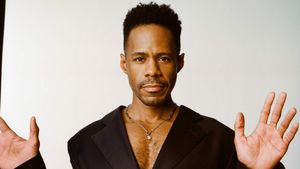






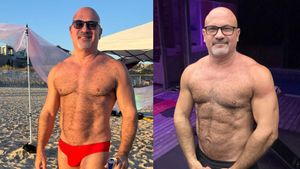





















Charlie Kirk DID say stoning gay people was the 'perfect law' — and these other heinous quotes